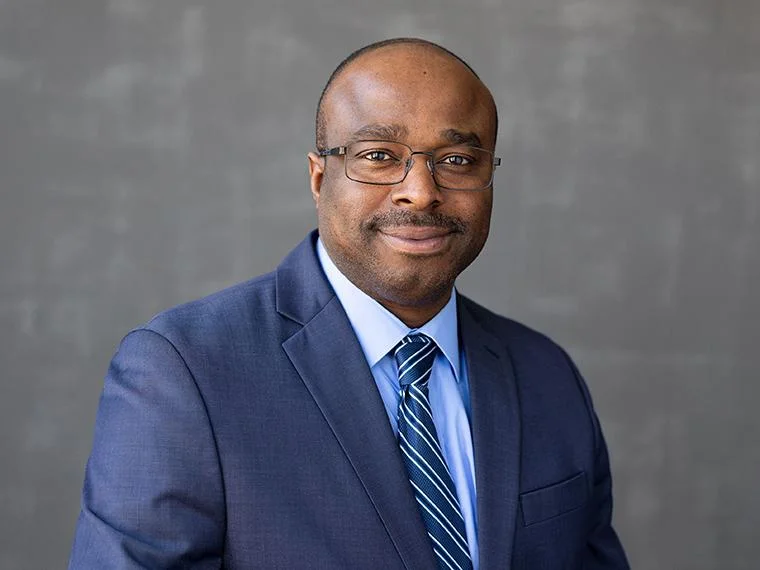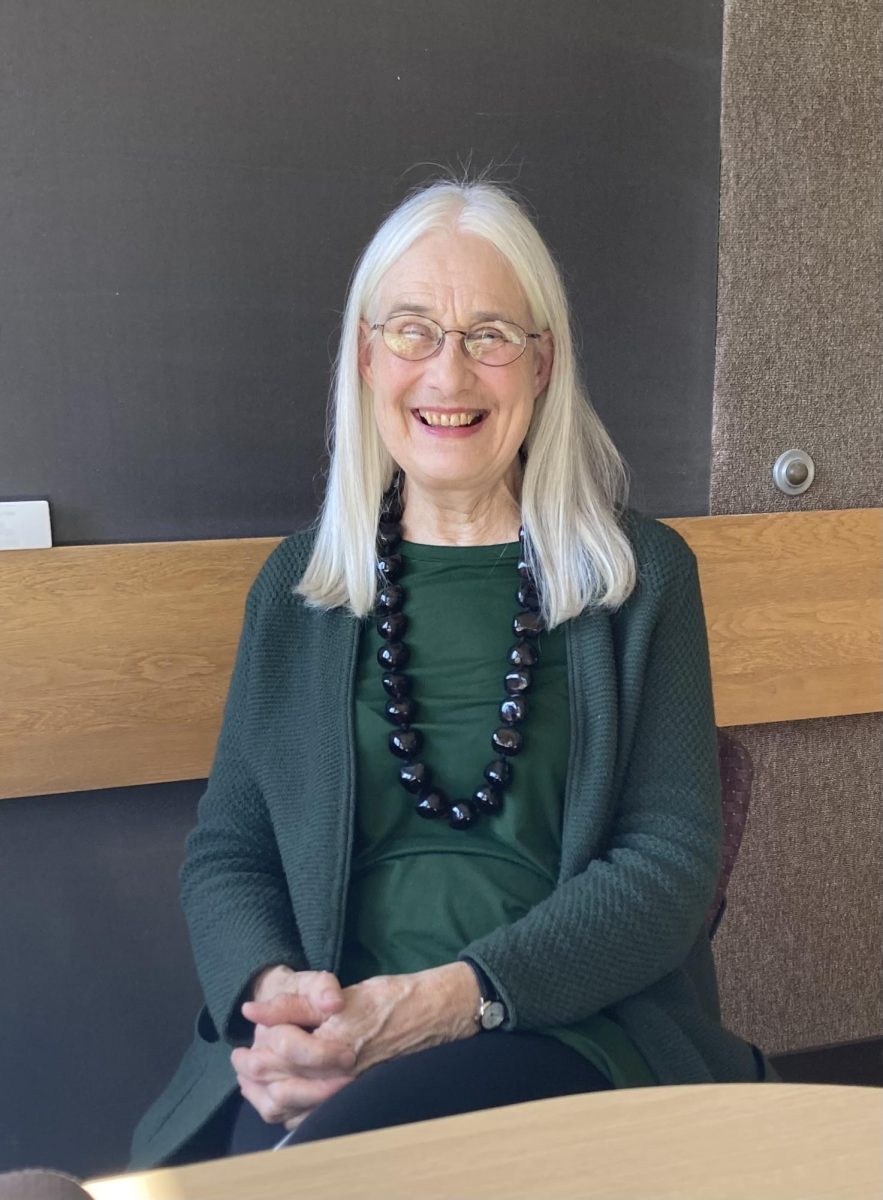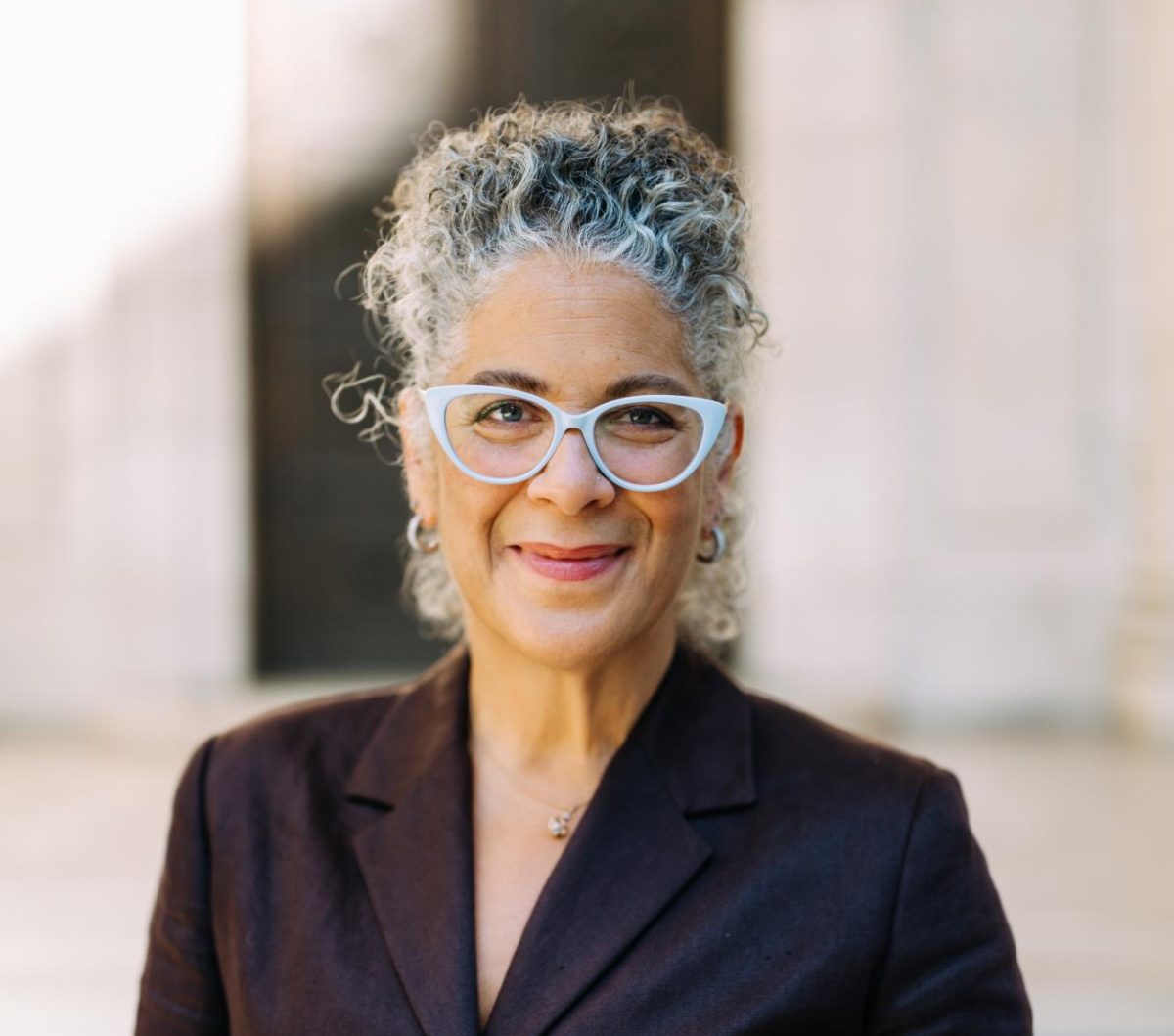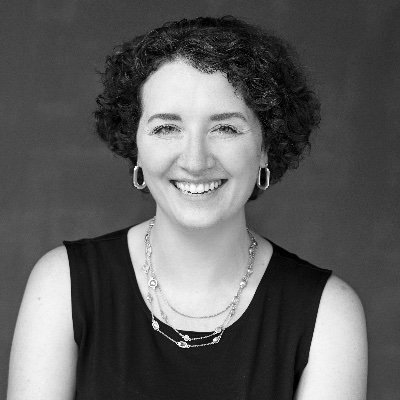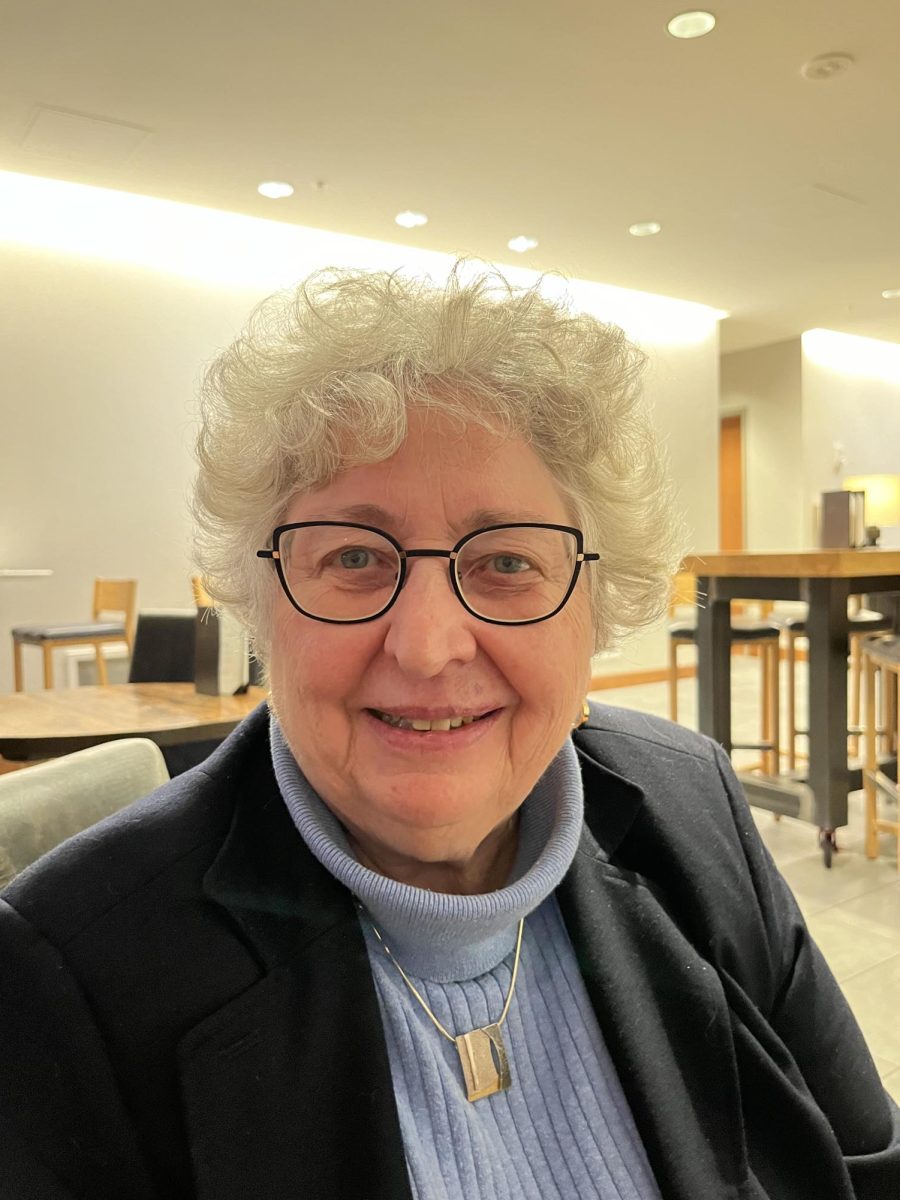Andrew Oni is the executive director of Student Health and Wellbeing and recently celebrated his second anniversary in this position at Oberlin. Oni provides leadership and guidance to Counseling and Psychological Services, Student Health Services, Student Support and Outreach, and Student Health Promotion and Prevention Services. He also holds a doctorate in higher education administration and has extensive experience in the field of health care.
This interview has been edited for length and clarity.
How did you find yourself in the role of executive director of Student Health and Wellbeing?
I came into the role two years ago Wednesday, on Feb. 21, 2022. Having been in health care for close to a decade, I’ve done a number of programs where I oversaw the inpatient behavioral health hub, eventually becoming a systemwide director of health care. So, when I finished my doctoral program in higher education administration, I wanted something that would combine my experience in health care and my research in higher education. And so this role perfectly allows me to do that.
Can you talk about your experience in the healthcare field and higher education?
When it comes to roles I’ve had, it is like a bag of apples, oranges, and strawberries. I have an eclectic experience in health care. When I worked as a manager in the behavioral health inpatient unit of the hospital, I was drawn to college-age students that we admitted to the hospital. When I did my doctoral degree, my research was about graduation rates for African-American students. Health was becoming a big part of why there was a high attrition rate for Black students, particularly Black male students. So, I saw this role as a way for me to at least help alleviate some of those stressors that will impact retention College-wide.
But beyond just specific experiences or types of patients, I worked with medical doctors, nurse practitioners, administration, and social workers; I worked with almost everybody who needed to work with me. So I have a very wide net of experience when it comes to the area of experience in health care that I was particularly drawn to. When I moved out of inpatient services, I moved into a system where my role was to ensure a connection in terms of referrals. I was working with two county governments and two community colleges in upstate New York. Those two colleges allowed us to work with them to bring programming on campus to educate on prevention, let students know what we had in the hospital, and how we could support their experience at the college. When I moved up here to work at Mercy [Health] for about a year, I showed interest in the role of helping students, especially minority students who are not as vocal when it comes to seeking help.
What do you think is the main thing affecting college students’ mental health right now?
I think students’ mental health is not immune to the world community. It’s a global mental health crisis everywhere. College students are particularly affected because of the stressors of academic achievement, and as a case study, we have very high-achieving students at Oberlin. And that comes with a lot of stress, stress to overachieve and meet up with the goals people set for themselves.
What are some outside resources you use to provide better care to students?
The primary thing I do is go to conferences. The primary conference I’ve attended twice is the American College Health Association Annual Medicine Training. That provides some level of framework of how we operate right now in our spaces in terms of how we provide care and how we create integrated care models in colleges. We’re working on some frameworks to implement on campus, but right now, in terms of health and wellness, we are operating using its dimensions of wellness to create a culture of care. Interestingly, the theme of last year’s conference was creating a culture of care. So, some of the training, conference speakers, and things we discussed are driving some of what we are trying to implement campus-wide. In terms of supporting and empowering students and faculty, this conference shared resources for them that support their work in the classroom.
Can you speak on the importance of Black mental health?
Black people in general, we seek out stigma. We are told not to share our stories with people. And I think, especially during Black History Month, the time for us to be open and ask for help is now. There is something wrong if we are sick. But it’s always a challenge when we don’t seek help. Seeking help means enlisting the community to support us, especially people like us who can support us. Mental health is real for Black people. Let us not sweep it under the carpet. Let us be open; let us ask for help as a community. We need to support one another. We need to be there for one another. A problem shared is a problem solved.
What are one or two things that you’re the most proud of accomplishing since you’ve been here?
I’ve been very proud of the team working with me. Given the fact that we have recently started the teletherapy program with UWill, I’m so proud of having that in place right now, and it’s working. We have well over 100 students signed up for it. Secondly, my staff are always willing and ready to jump in to support students even when they’re overworked. They put smiles on their faces to support students as much as possible. We are here because of the students we serve, and we want them to succeed. I’m proud of how we can contribute to their retention rate. When we contribute to their retention rate, we help them become people who live in the world, rule the world, and lead as agents of change in society.


